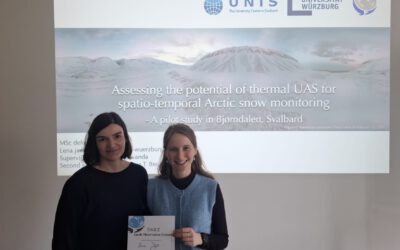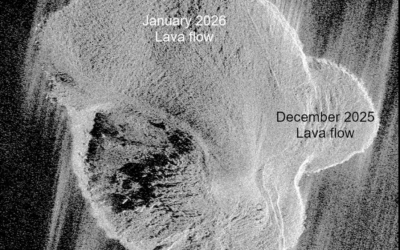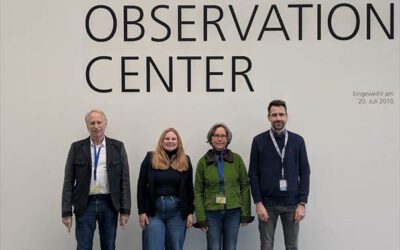The deadline for abstract submission to joint IBS-DR (German Region of the International Biometric Society) and DVFFA (Gerrman Association of Forest Research Institutions) in Hannover was extended to the end of September 2017. The workshop will be held from 7th to 8th of December 2017.
The aim of the workshop is to provide a space for presentations and discussions of recent developments in spatial modeling and Bayesian methodology. Methods and applications in answering environmental, ecological, epidemiological or other research questions will be discussed. We welcome contributions on both interesting applications and methodological work.
The workshop will host Dr. Cornelia Oedekoven and Prof. Stephen Buckland (both from University of St
Andrews, Scotland) who present a two-day tutorial on “Bayesian methods for hierarchical distance
sampling models”.
For further information, please visit the websites of the Working Group „Räumliche Statistik”: www.raeumliche-statistik.de . The official announcement containing the important dates and informaiton on registration can also be found here: workshop_call_20171207










